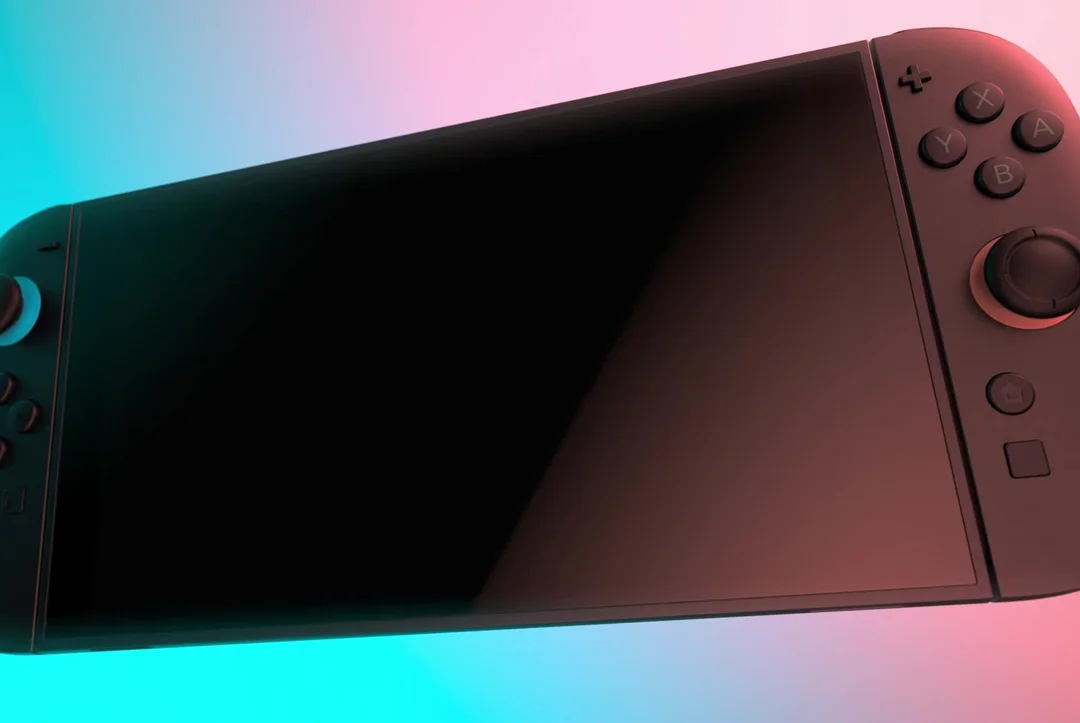
Nintendo Cracks Down on Piracy: Bricking Consoles and Tightening User Agreements
Nintendo is taking a firm stance against piracy and unauthorized use of its services. Recent updates to the Nintendo User Agreement reveal stringent measures aimed at protecting its intellectual property, including the potential to brick consoles found with pirated games or unauthorized modifications. This move signals a new era of enforcement as Nintendo prepares for the launch of its next-generation console, the Switch 2.
According to the updated agreement, Nintendo now explicitly prohibits users from bypassing, modifying, decrypting, tampering with, or circumventing any functions or protections of the Nintendo Account Services. The consequences for violating these terms are severe: Nintendo reserves the right to render the offending device permanently unusable. This means that users caught with emulators or pirated games could find their Switch transformed into an expensive paperweight. This is a significant escalation from previous agreements, which primarily focused on adapting, reverse-engineering, or modifying Nintendo user accounts.

This crackdown is not entirely unexpected given Nintendo's previous legal battles against emulation and piracy. In March 2024, the company filed a lawsuit against the popular Switch emulator Yuzu, alleging that the developers were facilitating piracy. Subsequently, another emulator, Ryujinx, shut down after Nintendo offered an agreement to its development team. These actions demonstrate Nintendo's commitment to protecting its intellectual property and ensuring a fair playing field for developers and content creators.
Furthermore, Nintendo has updated its End User License Agreement (EULA) to include an anti-arbitration clause, making it more difficult for consumers to sue the company. The updated EULA includes a class action waiver in section 16, prohibiting users from filing class action lawsuits against Nintendo. Instead, Nintendo prefers that dissatisfied users direct their complaints to its Contact Center. This move appears to be a preemptive measure, potentially inspired by past class action suits over issues like Joy-Con drift.
The EULA update also grants Nintendo the ability to record video and voice chats stored on consoles for a limited period to maintain a "safe and family-friendly online environment." This feature, intended for use when encountering prohibited language or behavior, will record the last three minutes of footage, but only with user consent. Nintendo confirms that the recording is privately stored on the device until a report is submitted.

These changes highlight Nintendo's intensified efforts to combat piracy and protect its intellectual property. The company states digital products are licensed for personal, non-commercial use on a User Device. Any unauthorized use may result in the Digital Product becoming unusable. This firm stance reflects Nintendo's commitment to maintaining a secure and fair ecosystem for its users and developers.
What do you think about Nintendo's latest moves to combat piracy? Are these measures justified, or do they go too far? Share your thoughts and opinions in the comments below!